150th installation of latest generation DuPont Cyrel FAST system at Marpol
Marpol is a leading manufacturer of flexible packaging foils in the Polish market. The company’s development strategy includes the use of state-of-the-art technologies and sustainable solutions.
19 Aug 2021 | By PrintWeek Team
Background
Marpol started its operations in 1994 producing LDPE foils on its own extruders. In 1998, the first printing machine was purchased and its own pre-press studio was launched. Four years later, the operations were moved to a new location in Ignatki near Bialystok, where a new production hall was built in 2005. Followed by investments in various machinery, the company Pabex (2014) and company Hanex (2015) were acquired by Marpol, which entailed a new plant in Tychy.
In total, both plants operate with four extrusion lines, seven flexo machines as well as six laminators and nine cutters and two lines for the production of flat bags and doypacks. 300 people are employed in both facilities.
Challenge
“The market is constantly challenging us and our customers - in order to remain a leading supplier, Marpol must keep up with its partners and anticipate their actions in many areas. We are interested in new technologies, follow market innovations and implement new ideas. We set the development bar high, and continuous improvement and investment in both, employee development and modernisation of the machine park are a crucial part of the company’s action plan,” says Robert Awruk production director at Marpol. Its mission is to provide packaging printing in the highest quality and to fulfill the constantly increasing demand.
Solution
In 2008, Marpol purchased the first Cyrel Fast thermal processor, whose breakthrough technology enabled the production of a press ready plate within one hour. This was a huge improvement compared to solvent technology, which required drying and stabilisation and took several hours longer. Based on the positive experience with DuPont Cyrel Fast thermal technology, Marpol decided to invest in the latest generation recently and purchased a Cyrel Fast 2000 TD thermal processor, which marks the 150th installation of this series.

Marpol plant in Ignatki, Poland currently operates with four extrusion lines
“The new DuPont thermal processor meets all our expectations. Maintaining color consistency, especially on reprints or series of projects, is just as important as being able to instantaneously produce a photopolymer plate. In case of a design change or correction by the customer, a new plate is required in the shortest time and with Cyrel Fast technology, Marpol is able to have a new plate ready in less than an hour.
It is not required to interrupt processes and wait for a new plate or postponing of acceptance print to another date. With that, Marpol saves its customers’ time and makes optimal use of its printing equipment. The new processor has also reduced maintenance operations. Remote diagnostics allows for real-time monitoring of the machine parameters and speeds up the reaction time in case of breakdowns,” says Awruk.
“The new investment will allow us to reduce the volume of plates purchased from external prepress studios. We process several thousand squaremeters of photopolymers a year and thanks to the greater production capacity of the Cyrel Fast 2000 TD we will also be able to produce plates for the Tychy plant, which doesn’t have its own prepress studio. We value the cooperation with DuPont for its stability, constant development, and high quality of products. Their Polish distributor, Reprograf-Grafikus, which also installed our first device, is a proven partner here,” said Awruk adds.
Sustainability Aspect
Sustainability is a very important element of Marpol’s company policy. Apart from packaging trends itself, the company also focuses on eco-friendly technologies for its production.
The latest generation of Cyrel Fast platemaking system fits very well into this model. It emits virtually only warm air, practically eliminating volatile organic compound (VOC) emissions - a 99% reduction compared to solvent technology.
“The first generation of Cyrel Fast was a revolution – its latest generation is an evolution and refinement of this technology towards even higher performance and stability,” adds Tomasz Nojszewski, sales manager at DuPont Cyrel Solutions.
Compared to the first generation of Cyrel FAST, DuPont has redesigned virtually everything - from the way the plate is pinned (no more rotating drum with compressible surface and special adhesive surface), to a much more precise system for removing monomer from non-printing components and improved environmental performance.
An important goal Cyrel team set for itself was to minimise the components that are subject to repeatable wear to make the machine more durable and reliable for daily plate production. The machine is air-conditioned, which translates into full plate dimensional stability. Only warm air comes out of it - so it can stand even in an office. Compared to the previous generation, it has 76% lower VOC emissions, which is ahead of the current norm. And compared to solvent technology, it consumes 63% less non-renewable energy.
The Cyrel Fast 2000 TD system is distinguished by its ergonomics and compact size, operators around the world emphasise its ease of use and reliability. The remote diagnostics offered by DuPont proved to be especially useful during the pandemics, when technical service visits were difficult or even impossible. “In most cases, we are able to diagnose the problem and propose a solution just by connecting to the machine online,” summarises Tomasz Nojszewski.
The Future
Marpol intends to enter new markets and is getting ready for other segments in the food industry. Since 2019 they have successfully strengthened the company’s position in the cosmetics business. Targeting new corporations in various countries, as started in 2020 with the USA, Maprol is constantly looking for new solutions in the product range such as improved printing technology or foil finishing according to market needs.
“We are investing in innovative printing substrates; amongst other things, we are conducting advanced trials with mono materials, which is a substantial part of the environmental strategy of most food manufacturers and retail chains. We are also committed to reducing plastic consumption (e.g. through improved formulations to optimize the thickness or width of the foil used). Finally, considering environmental protection and corporate sustainability, we use recycled raw materials in our production,” concludes Awruk.
DuPont’s Take
Robert Awruk, Marpol (left) and Tomasz Nojszewski, DuPont (right) presenting latest Cyrel Fast 2000 TD processor
Marpol is a great example for the flexible packaging industry’s sustainability initiatives. DuPont pioneered the thermal flexographic platemaking technology about 20 years ago to support the quest for sustainability in packaging, which is best proven by over 1,500 installations of the Cyrel FAST thermal processor worldwide.
Flexo in the FAST lane: Case Study powered by DuPont


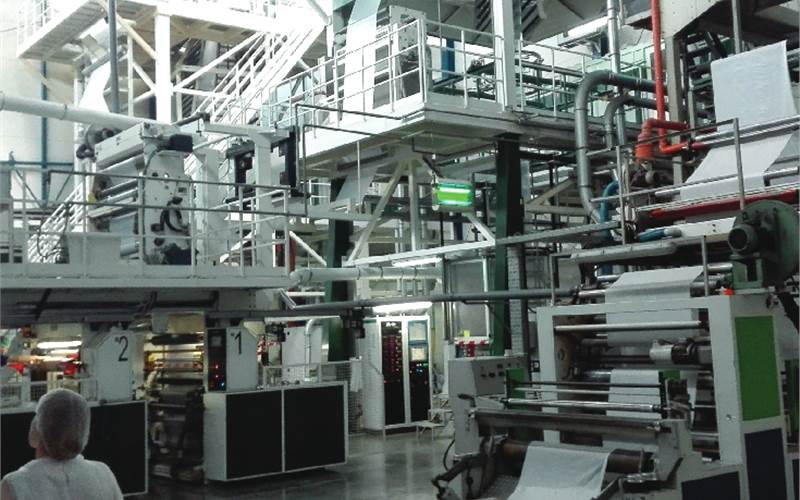
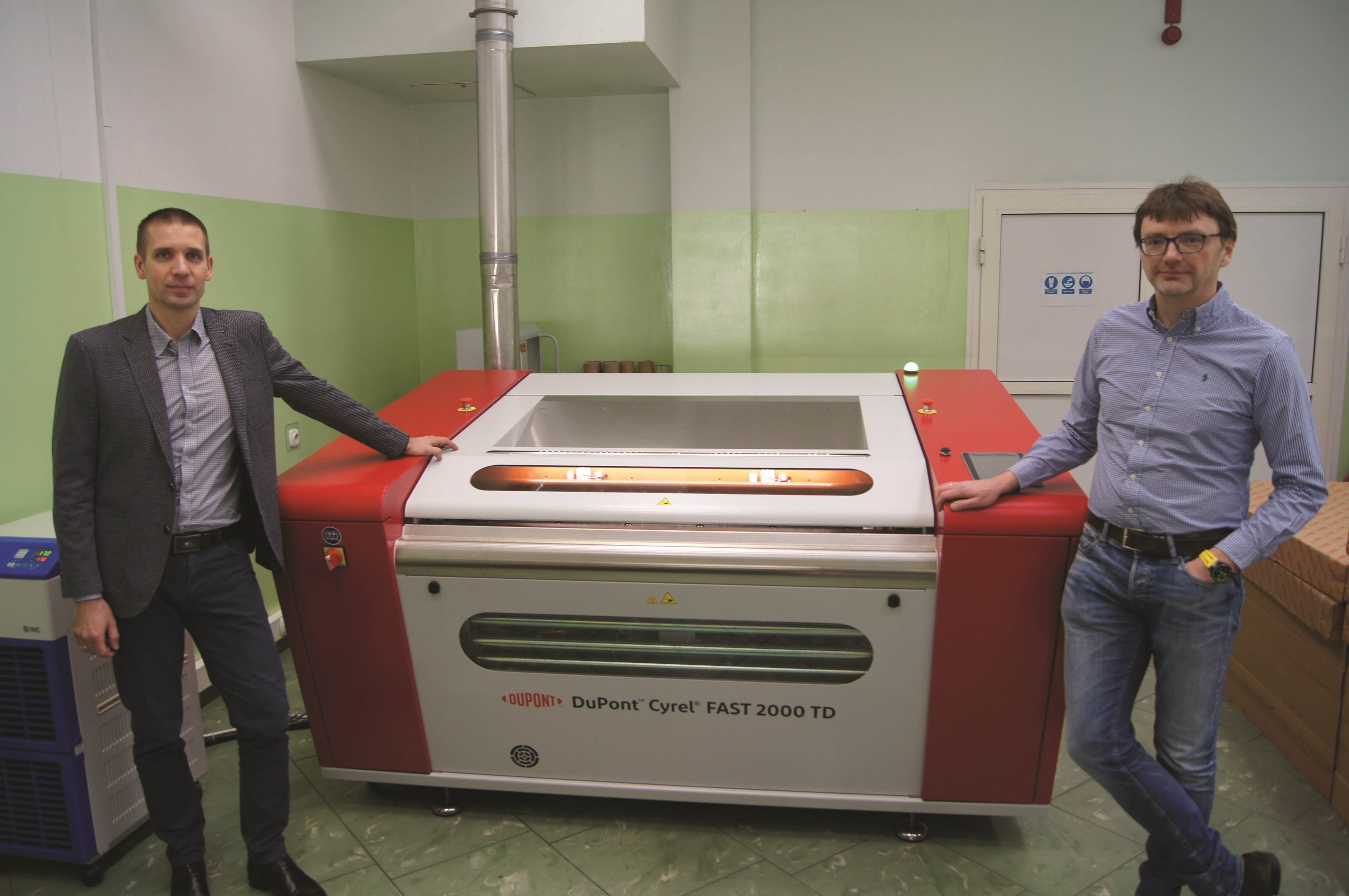
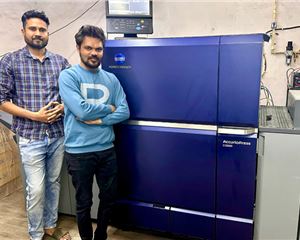
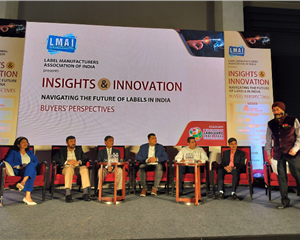
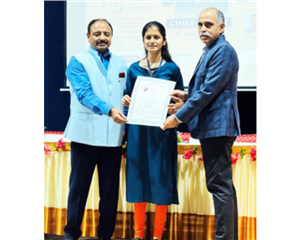
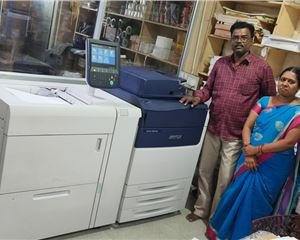
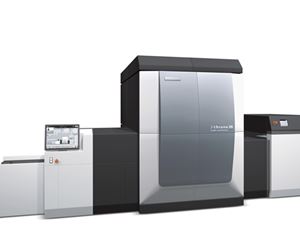






 See All
See All